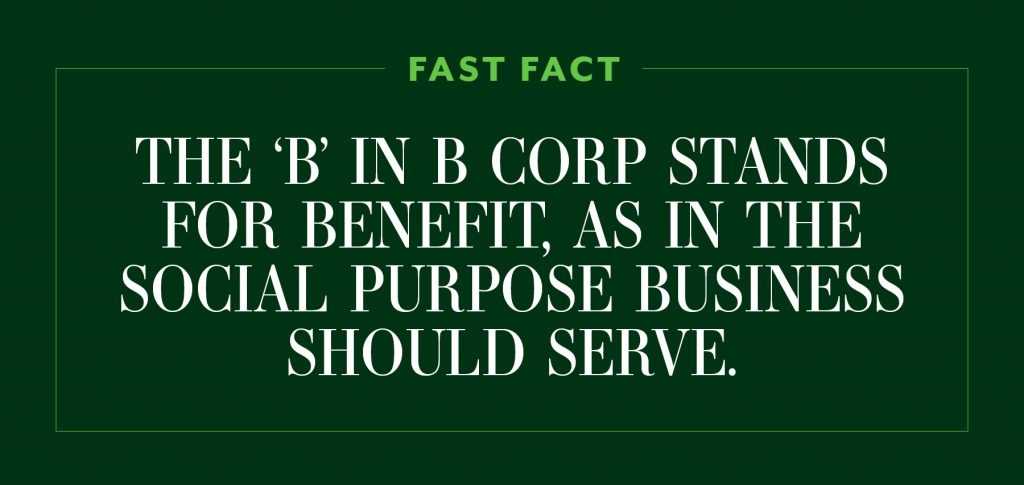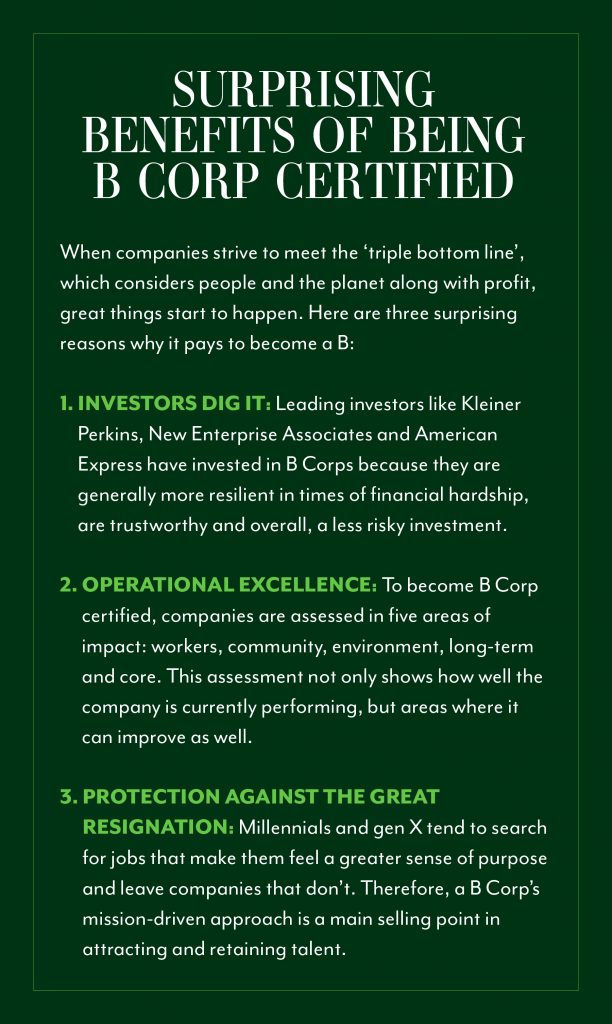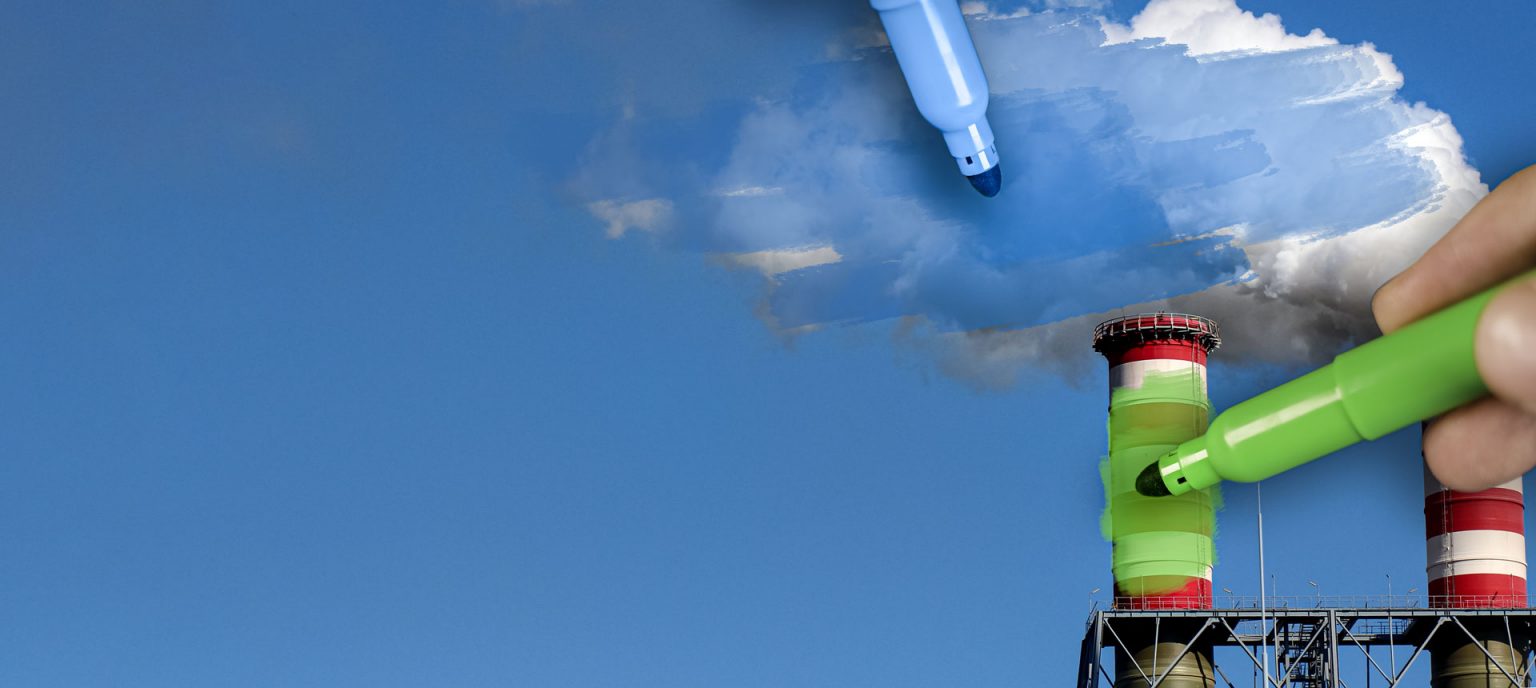For a long time, organisations were in business for the sole purpose of making money for their shareholders. It was profit over everything. However, that mindset came at a devastating cost to the planet. In fact, much of the CO2 emissions contributing to the climate crisis have come from business-driven economic activity.
With this realisation came a changing mindset and the global rise of the B Corp movement – a group of businesses whose aim is to not simply be the best businesses in the world, but instead the best businesses for the world.
Emma Lewisham – the newcomer New Zealand beauty brand that’s making a name for itself with effective products that are as good for the planet as they are for the skin – has recently announced its newly coveted B Corp status. The brand’s purpose has always been to set a new benchmark in the beauty industry; an industry known for its waste, vague labels and people- and planet-harming practices. Now, its commitment has just been verified.
“Certification as a B Corp recognises and reinforces that we meet the highest standards of social and environmental performance and transparency across every aspect of our business,” Co-Founder and namesake Emma Lewisham tells The CEO Magazine.
“B Corp Certification really solidifies our hard work and highlights our commitment to always balance purpose and profit, and use our business as a force for good. Emma Lewisham is something bigger than me; ultimately, it’s about making a difference.”
Becoming a “force for good”
The B Corp movement began in the US in 2006 and in 2007, it gave out certification to 82 smaller businesses specifically created to do good. Today, just 15 years later, that number has skyrocketed to 4,700 and counting, and includes big multinational behemoths like popular yoghurt corporation Danone and Brazilian cosmetics company Natura.
From finance to fashion, these forces for good span 78 countries and 155 different industries. However, despite the growing numbers, becoming B Corp certified isn’t easy. The accreditation, overseen by not-for-profit B Lab, is a rigorous process that measures a company’s entire social and environmental impact.
And not every company that applies makes the cut. Basically, those brands being called out for greenwashing need not apply. Only the corporations that are deemed leaders in the global movement for an inclusive, equitable and regenerative economy and make the grade, achieving a B Impact Assessment score of 80 or above, are selected.
“I believe that having this level of accountability and responsibility will be the only acceptable way of doing business. It will become the baseline. And in the future, any product that is created will be helping to build a better world.” – Emma Lewisham
Emma Lewisham has earned a B Corp score of 90 points. It’s a point of pride for the brand and one that Lewisham explains can be attributed to having third-party certifications, using only non-toxic ingredients in its product range, measuring the environmental impacts of its products and having predominantly female management, to name a few.
Once a company makes the grade and becomes a B Corp, its journey is far from over. In fact, B Corps are reassessed every three years to ensure they remain committed to actively pursuing social and environmental impact alongside their financial goals. It’s thought that three years provides enough time for them to evolve and further improve their business practices.
Greenwashing: the great illusion
Many companies today still use purpose as a marketing strategy, extolling the virtues of their brand without actually backing up their claims. However, with the rise of social media and consumer influence on business, this greenwashing can backfire.
Take some of the world’s biggest fossil fuel companies like ExxonMobil, Aramco and Shell, for instance. These companies are largely responsible for the climate crisis and yet they continue to spend millions on advertising campaigns that tout their business plans are focused on sustainability. Thanks to social media, it’s become easier to call these companies out and hold them accountable for their actions.
In November 2020, Greta Thunberg took to Twitter to accuse Shell of “endless greenwash” in response to its post, saying, “What are you willing to change to help reduce emissions?” To that, climate scientist Professor Katharine Hayhoe chimed in, pointing out Shell’s huge contribution to the atmospheric carbon dioxide that’s heating the planet. Shell hid her comment, but not before thousands saw it and posted their own outrage with the brand.
The future of business

The popular fitness retail company Athleta, led by CEO Nancy Green, is doing things the right way. The company earned its B Corp Certification in 2018, with Green saying in a press release that with the company’s growth “comes even greater responsibility to lead as a force for good”.
“Athleta has been at the forefront of empowering and celebrating women for two decades; this B Corp Certification accelerates our course forward as a purpose-driven brand, honouring our mission to ignite a community of healthy, confident, active women and girls; and cementing our commitment to environmental sustainability.”
“B Corp Certification really solidifies our hard work and highlights our commitment to always balance purpose and profit, and use our business as a force for good. Emma Lewisham is something bigger than me; ultimately, it’s about making a difference.” – Emma Lewisham
However, Green also admits that Athleta still has a lot more to do to build truly sustainable and equitable supply chains and promote positive body image. But that transparency and honesty is what consumers want from brands. They’re not demanding perfection; they’re simply championing for a better world.

And with the B Corp movement gaining momentum, a better, healthier world that’s just and sustainable is being built every day. As Lewisham says, “This level of transparency and accountability is essential in moving towards a circular, climate positive and regenerative future.
“I believe that having this level of accountability and responsibility will be the only acceptable way of doing business. It will become the baseline. And in the future, any product that is created will be helping to build a better world.”
Read next: Why there’s no room for greenwashing in today’s world







